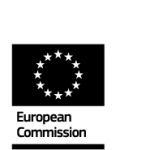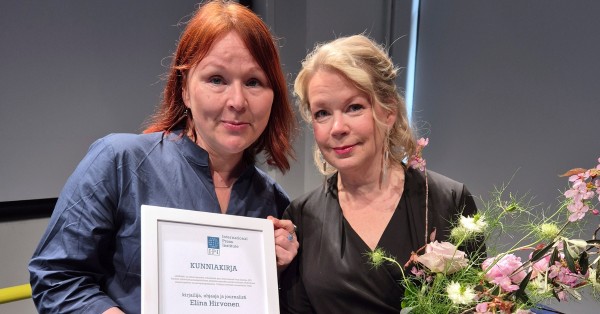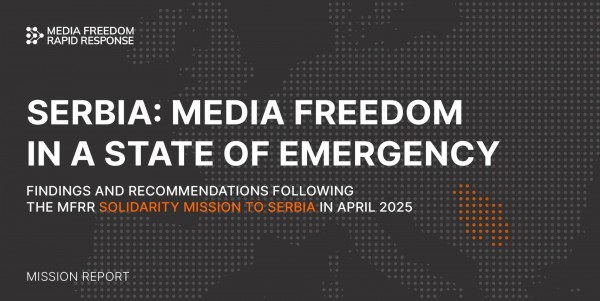Greek journalist Alekos Andrikakis strikes a bittersweet tone when describing his long-awaited acquittal last month on libel charges brought by the former mayor of Heraklion, on the island of Crete.
“There is a great sense of victory,” Andrikakis said in an interview with the International Press Institute (IPI). “A personal victory and a victory for all of my colleagues and for press freedom.”
But while Andrikakis may have escaped a three-month prison sentence, the multi-year ordeal took a toll on his professional career. A job loss and financial insecurity hit hard.
“The price I had to pay was very high,” he explained. “But I do not regret it for a minute.”
April Fools’ Day
Andrikakis’ ordeal began on April 1, 2013, when he published an article in the local newspaper Patris – where he also served as editor-in-chief – revealing that Heraklion’s then-mayor, Yiannis Kourakis, had broken rules by issuing payment orders without the approval of the city’s financial department.
“By coincidence, my article was published on April Fools’ Day,” Andrikakis recalled. “So everyone kept calling me and asking me whether this was a joke. No one could believe that a journalist would dare to reveal a scandal and criticise the city’s mayor.”
The article and its revelations were not a joke. But they were an unpleasant surprise for Kourakis, who reacted swiftly by filing criminal libel charges against Andrikakis. In addition to jail time, Kourakis also requested €10,000 for each time Andrikakis insulted him in the future.
Andrikakis said the charges hurt his professional standing.
After falling out with his paper over how to respond to the charges – according to Andrikakis, Patris declined to publicly defend him and printed a letter from Kourakis branding him a “liar” and a “slanderer” – Andrikakis quit his position.
“After 28 years as a journalist, I found myself unemployed, helpless and with a smeared reputation among my colleagues,” he noted ruefully.
Vindication in court
His vindication would come three-and-a-half years later. On Nov. 8, 2016, a court in Heraklion dismissed all charges in the case and ordered Kourakis to reimburse Andrikakis €2,300 in legal expenses.
The court’s ruling highlighted the media’s watchdog role over government power.
It read in part: “The content of the article did not aim to insult the honour, reputation and overall personality of the plaintiff. Nor did it express contempt in the face of the plaintiff … The only aim of the article was to inform the audience about a serious incident regarding the way power is exercised by the representatives of the municipality.”
As such, the court noted, Andrikakis’ article was protected by the right to freedom of expression under Art. 10 of the European Convention on Human Rights.
Andrikakis expressed grateful surprise at the court’s clear verdict.
“I really hoped for such a decision, but I didn’t really believe [it would happen],” he said. “Unfortunately, we journalists are not used to hearing positive judgments.”
His lawyer, Yiannis Leventis, told IPI the decision “justified and thoroughly established” the right of citizens and journalists to information and to place a check on those in power.
A brighter future?
As when speaking about his past legal battle, Andrikakis, who after leaving his newspaper founded a news website called CandiaNews, offered a mixed view about the future.
“The day I quit my newspaper I only had €15 in my pocket,” he recounted. “I set up this news site all by myself and am still not able to get a decent wage.”
But he said the court’s verdict may be the shot in the arm he needed.
“Now, I’m optimistic about the future of journalism, especially in Crete, where until now those in power did not let anyone criticise them.”




